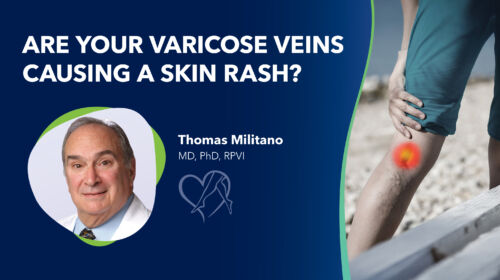
Can Crossing Your Legs Cause Varicose Veins?
Think crossing your legs causes varicose veins? It’s time to bust that myth. This blog explores the real causes of varicose veins, who’s at risk, and how expert care at Center for Vein Restoration can help you prevent or treat painful leg symptoms with confidence and comfort.

Smooth Sailing Starts with Healthy Legs: Vein Care Tips for Boaters
Boating can be tough on your legs, especially if you're dealing with varicose veins, swelling, or leg fatigue. This blog offers practical tips to protect your leg health while on the water, explains why boaters are at risk for vein issues, and highlights expert vein care options from Center for Vein Restoration. With proper care and minimally invasive treatments, you can stay steady on deck and enjoy pain-free days at sea.

Can Varicose Veins Kill You?
Varicose veins aren’t usually life-threatening, but ignoring them can lead to serious complications like blood clots, leg ulcers, and even stroke or heart failure in severe cases. A major international study found that people with advanced varicose veins face significantly higher health risks, especially men and those over 65. Fortunately, fast, minimally invasive treatments are available at Center for Vein Restoration to restore vein health and improve quality of life.

Does Yoga Improve Varicose Veins?
Thomas Militano, MD, PhD, RPVI, discusses how yoga can help support healthy veins through improved circulation, muscle strength, and stress relief. Discover safe, practical ways to incorporate yoga into your professional vein treatment routine.

The Best Anti-Inflammatory Diet for Vein Health & Leg Swelling Relief
Chronic venous insufficiency and varicose veins are linked to inflammation, but many people don’t realize how their diet can impact swelling and discomfort. This blog will break down an anti-inflammatory diet for vein health, focusing on omega-3 fatty acids, polyphenols, and antioxidants while discussing foods that trigger inflammation, such as processed meats, fried foods, and refined sugars.

What Are Bilateral Varicose Veins? Is It Normal?
Bilateral varicose veins, or varicose veins in both legs, are a common sign of venous insufficiency, a condition where blood struggles to flow back to the heart. Left untreated, they can lead to pain, swelling, skin discoloration, and even serious complications like ulcers and blood clots. This blog explores the causes, risk factors, and treatment options for bilateral varicose veins, highlighting how Center for Vein Restoration offers expert, minimally invasive solutions to restore leg health and comfort.

7 Easy Solutions to Improve Blood Circulation in Legs and Feet
Poor circulation can lead to discomfort, swelling, and even vein disease, but small lifestyle changes—like staying active, elevating your legs, and wearing compression stockings—can make a big difference. Learn how to support your vein health and recognize when it’s time to seek expert care. If you’re experiencing leg pain, swelling, or visible veins, Center for Vein Restoration is here to help with state-of-the-art, minimally invasive treatments—so you can feel your best every step of the way!

The Psychological Impact of Living with Chronic Vein Disease
Living with chronic vein disease isn’t just about physical discomfort—it can take a toll on your emotional well-being, too. Many people with varicose veins and venous insufficiency struggle with embarrassment, frustration, and even social isolation due to their symptoms. Fortunately, safe and effective treatments are available to restore both your vein health and confidence. Discover how Center for Vein Restoration’s minimally invasive procedures can help you reclaim your comfort and quality of life.
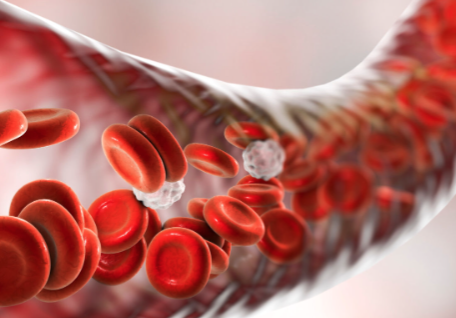 About Vein Disease
About Vein Disease
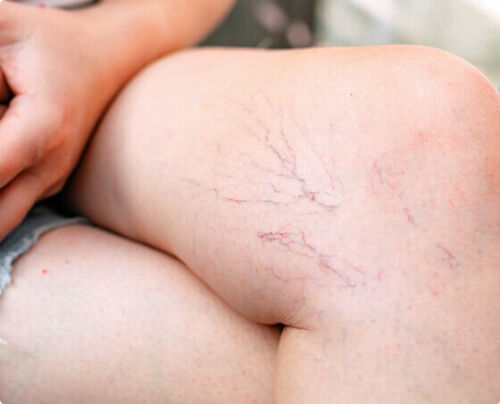 Spider Veins
Spider Veins
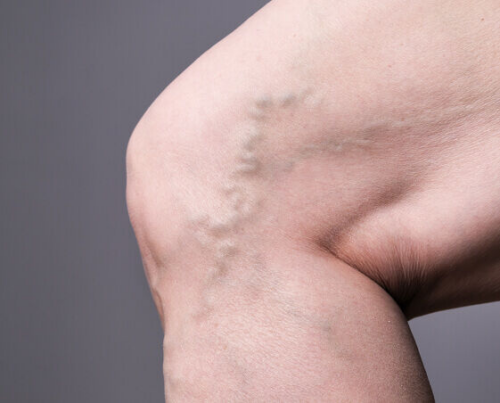 Varicose Veins
Varicose Veins
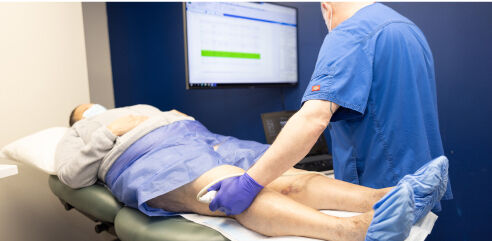 Vein Disease Treatments
Vein Disease Treatments
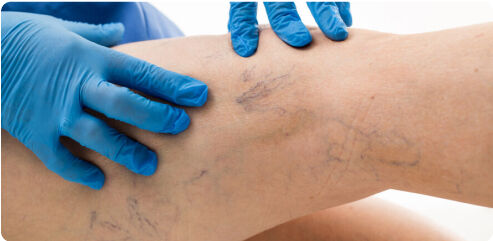 Treating Spider Veins
Treating Spider Veins
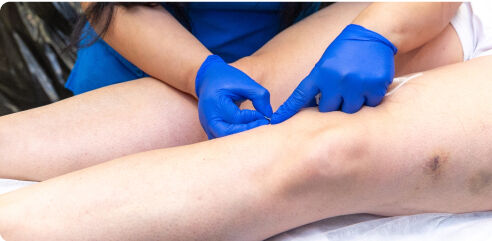 Treating Varicose Veins
Treating Varicose Veins
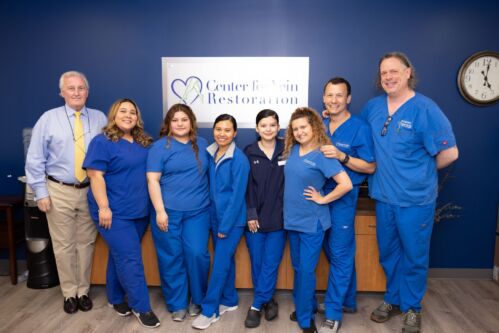 About Us
About Us
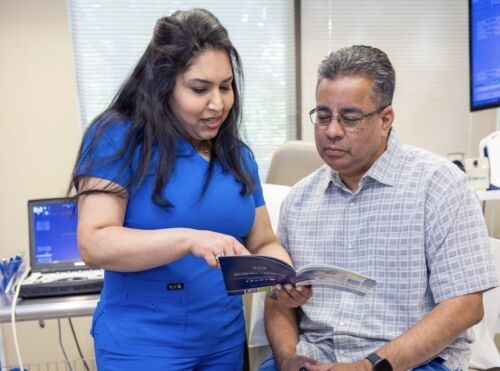 Patient Resources
Patient Resources
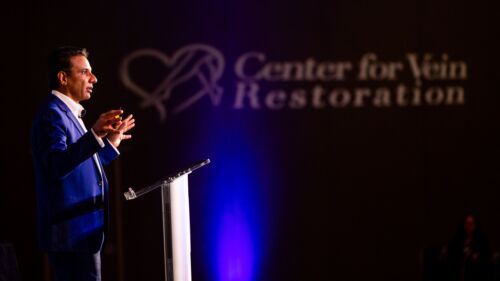 Physician Resources
Physician Resources
